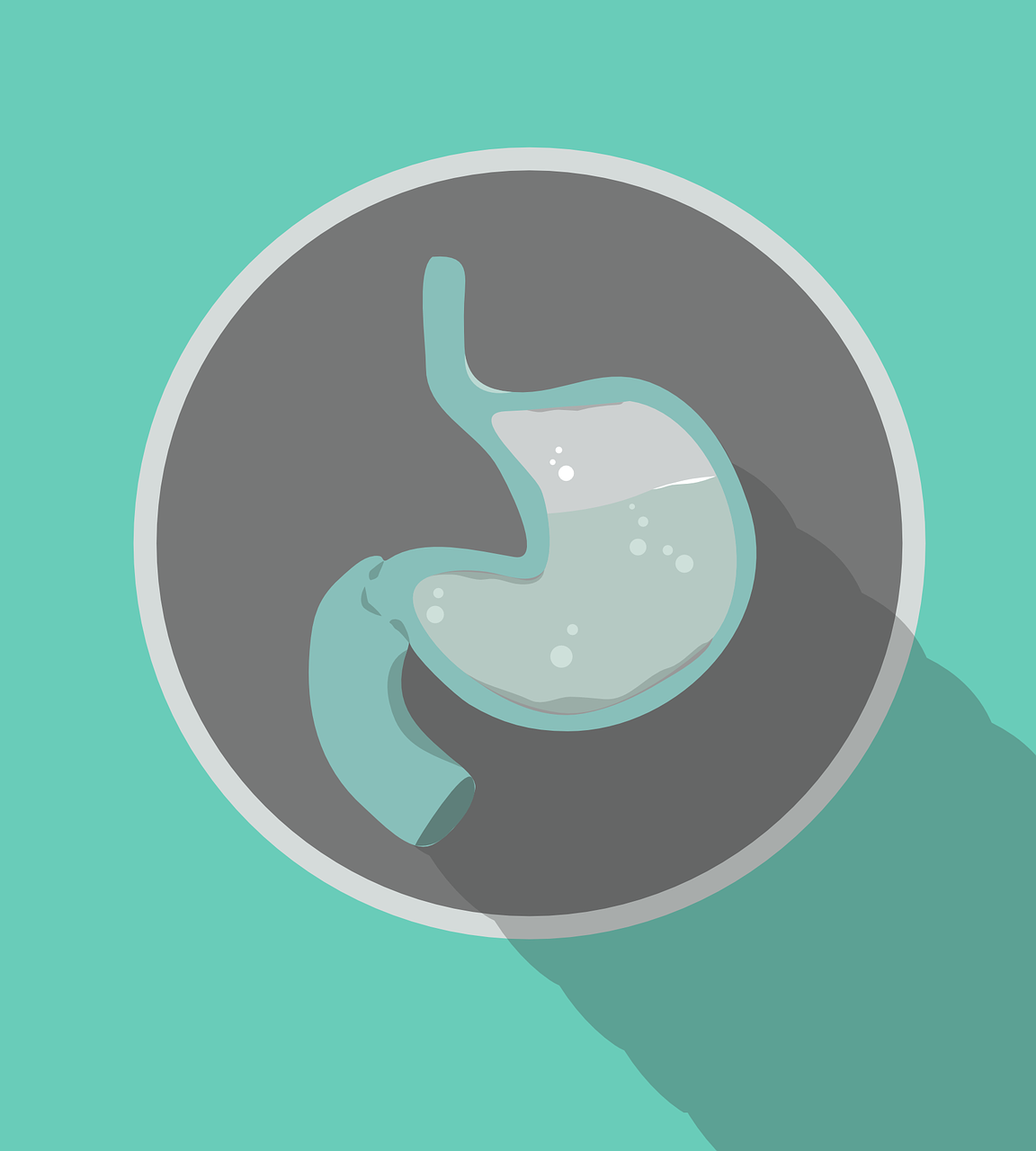Are you looking for a diet to increase muscle mass ? In this article we will give you some practical advice to start your diet.
Increasing muscle mass is a common goal for many, both for aesthetic reasons and to improve health and physical performance. However, achieving this goal requires a structured and conscious approach.
In fact, it will be necessary to combine effective training with an adequate diet .
Precisely for this reason, in this article, you will understand what are the four fundamental steps for a diet aimed at increasing muscle mass.
1) Calculate your calorie and macro needs
To build muscle mass, it is essential to provide your body with more energy than it consumes. This means entering a caloric surplus, where your daily caloric intake exceeds your energy expenditure.
However, not all calories are created equal, and as a result, it will be of fundamental importance to correctly balance the macronutrients, that is, proteins, carbohydrates and fats.
Calorie requirement determination
The first step is to calculate your basal metabolic rate (BMR) and physical activity level to determine your total daily caloric needs. Various formulas, such as the Harris-Benedict formula, can help with this calculation.
Once this value is achieved, a caloric surplus of about 250-500 calories per day is added in order to promote muscle growth without accumulating too much body fat.
Balancing macronutrients
In the diet to increase muscle mass you must consider a balance of macronutrients, you could proceed as follows:
- Protein : essential for muscle growth and recovery. It is recommended to consume approximately 1.6-2.2 grams of protein per kilogram of body weight;
- Carbohydrates : primary source of energy, especially important for sustaining intense workouts. They should constitute approximately 45-55% of total calories;
- Fats : Necessary for hormone production and other vital functions. Should account for about 20-30% of total calories.
2) Choosing the right foods
Once you have established your macronutrients, it is crucial to choose the right foods to make up your diet. Foods must be nutritious and provide not only the necessary calories but also essential vitamins and minerals.
High quality proteins
- Lean meat : chicken, turkey, lean beef;
- Fish : rich in omega-3, such as salmon, tuna and sardines;
- Eggs : An excellent source of complete protein;
- Legumes and soy : beans, lentils, tofu and tempeh for plant-based proteins;
- Dairy : Milk, Greek yogurt, low-fat cheeses.
Complex carbohydrates
- Whole grains: oats, brown rice, quinoa, spelt;
- Green leafy vegetables : spinach, kale, Swiss chard;
- Fruits : berries, bananas, apples;
- Tubers : sweet potatoes, potatoes, cassava.
Healthy Fats
- Nuts and seeds: almonds, walnuts, chia seeds, flax seeds;
- Vegetable oils: olive oil, coconut oil, avocado oil;
- Avocado : rich in monounsaturated fats and fiber;
- Fatty fish: salmon, mackerel, herring.
3) Synchronize meals with training
The timing of your meals can significantly affect your body's ability to build muscle. It's important to feed your body the right nutrients before and after your workout to maximize muscle gains.
Muscle Building Diet - Pre-Workout Meals
Eating a balanced meal about 2-3 hours before training can improve performance. This meal should include complex carbohydrates for energy and a moderate amount of protein to prevent muscle catabolism, for example:
- Grilled chicken with brown rice and vegetables;
- Greek yogurt with fruit and a handful of nuts.
Post-workout meals
After training, the body is in an anabolic state, ready to absorb nutrients to repair and build muscle . A post-workout meal should be rich in protein and carbohydrates to replenish glycogen stores and stimulate muscle protein synthesis, such as:
- Protein shake with fruit and milk;
- Scrambled eggs with whole wheat bread and avocado.
4) Integrate intelligently
Supplements can be helpful in supporting muscle gain, but they should not replace a balanced diet. Here are some of the most effective supplements for muscle growth:
- Protein Powders : Whey, casein, and plant-based protein powders can be helpful in increasing your daily protein intake, especially post-workout;
- Creatine : This is one of the most studied and proven supplements for improving strength and muscle mass. It helps replenish ATP reserves, improving performance during high intensity training;
- Branched-Chain Amino Acids (BCAAs) : Branched-chain amino acids, such as leucine, isoleucine, and valine, can help reduce muscle catabolism during training and improve recovery;
- Omega-3 : Finally, omega-3 supplements, such as fish oil, can reduce inflammation and support overall health by improving the body's ability to recover from intense workouts.
Conclusions
In this article, we have understood that the diet to gain muscle mass requires a multifactorial approach that combines targeted training with a balanced and structured diet.
By following these four steps—calculating your calorie needs and macros, choosing nutritious foods, timing your meals with your workouts, and supplementing intelligently—you can optimize muscle growth in a healthy and effective way.
If you want more advice on how to gain muscle mass and improve your diet, don't hesitate to follow a personalized Holifya nutrition path with our expert nutritionists.




Leave a comment
This site is protected by hCaptcha and the hCaptcha Privacy Policy and Terms of Service apply.